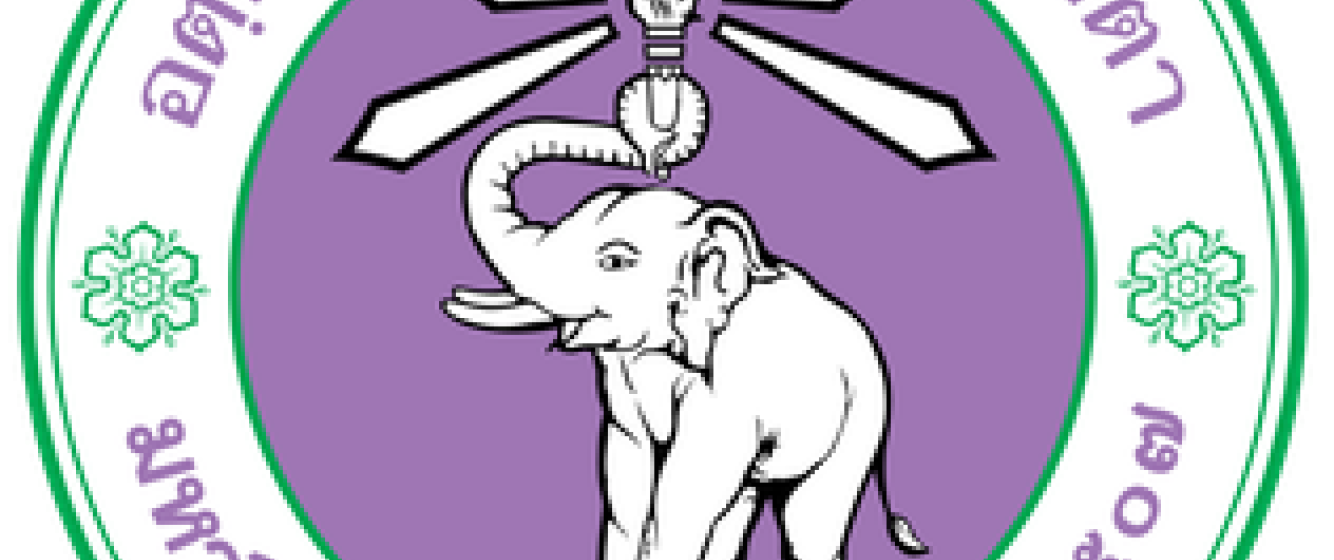
3rd International Conference on Burma/Myanmar Studies
3rd International Conference on Burma/Myanmar Studies
Myanmar/Burma in the Changing Southeast Asian Context
22-24 October 2020
Chiang Mai University
After the general election in 2015, there was hope that democracy would prevail in Burma/Myanmar and serve as a driver moving the country’s peace process forward. Attempts were made to embark on economic development, aiming to bring prosperity to society while giving high priority to environmental sustainability. Myanmar has indeed opened opportunities for foreign investment: speeding up industrial and special economic zones, expanding infrastructure development, and promoting the modernization of agriculture. However, this has also resulted in environmental degradation, resource conflicts and land-grabbing. As the country has opened up to development, it has also allowed more space for civil society to flourish, raising political awareness, demands for accountability, and human rights concerns. Myanmar’s universities, once working in near isolation, have opened up to new ideas and new research agendas. However, ethnic conflicts still continue and, in some cases, have become even more intense, leading to atrocities against certain ethnic groups and human rights violations.
The internal dynamics of Burma/Myanmar society are not isolated from the larger changing economic and political context of Southeast Asia, which itself is being shaped by the expansion of power and economic influence of China’s Belt and Road Initiative. Myanmar will become a strategic partner of China, as it provides access to Indian Ocean, once the plan to connect Kunming to Kyaukpyu is completed. On the other hand, India has adopted its “Act East” policy and has increased its engagement with Myanmar. Japan and Thailand also have a major role, investing in building special industrial zones in Myanmar. Finally, the emergence of ASEAN community has increasingly paved the way to regional connectivity and cooperation, as well as cross-border migration and mobility. The 3rd International Conference on Burma/Myanmar Studies will be co-organized from October 2020 at Chiang Mai University. It aims to be a platform for regional/international scholars and practitioners interested in Burma/Myanmar society as it undergoes economic, political and social transformation to exchange ideas and research experiences on critical issues, as well as strengthen and expand their networks. The ICBMS III committee invites individual abstracts as well as panel proposals from interested academics, researchers, graduate students, and professionals, as well as practitioners engaged in the field of Burma/Myanmar studies. The conference themes include:
Conference themes
1. Economic Development in Myanmar
2. Resource Management (Forest, Land, Water, Fishes) & Governance
3. Agrarian Transformation & Environmental/Climate Change
4. Urban Space & Urban Livelihood
5. Migration, Migrants, Refugees and the Displaced
6. Transnationalism, Transboundary Investment (BRI), SEZs
7. Peace Process & Governance
8. Ethnic Inclusion/Exclusion
9. History and Social Memory
10. Language, Mother-tongue Language Education
11. Changing Media Landscape (Hate Speech)
12. Popular Religion, Religion and Harmony
13. Health Equality/Inequality
14. Education and Development, Non-state Education
15. Gender & Development
16. Myanmar and East Asian Powers
17. Art and Society
18. Food Security and Food Sovereignty
19. Social and Environmental Movements
Objectives
• To deepen our understanding of the social and political transformations occurring in Burma/Myanmar and their impact on the environment, as well as on the economic and social lives of local/ethnic communities;
• To examine Burma/Myanmar’s nexus and connectivity within the regional and global context, as well as the internal interplay taking place among state actors, society and culture; • To provide a platform for the exchange of academic ideas and dialogue among Burma/Myanmar scholars from around the world.
Abstract & panel proposal submission
Interested participants should submit an abstract of not more than 300 words, along with keywords and a short biography (name, affiliated institution and work position) via the online system at the conference website: www.burmaconference.com. Panel proposals should be not more than 500 words. Panel descriptions should contain a 300-word abstract for each presenter.
Individual abstracts and panel proposals should be sent by 15 April 2020. Details of papers and panels accepted will be announced on 15 May 2020. The deadline for submission of full papers is 15 August 2020. Roundtable discussion submissions will also be considered.
Important Dates
Submission of abstracts: 15 April 2020
Notification of the result of abstract selection: 15 May 2020
Submission of papers: 15 August 2020
Registration & fee
Registration and fee information available online at the ICBMSIII website: https://www.burmaconference.com